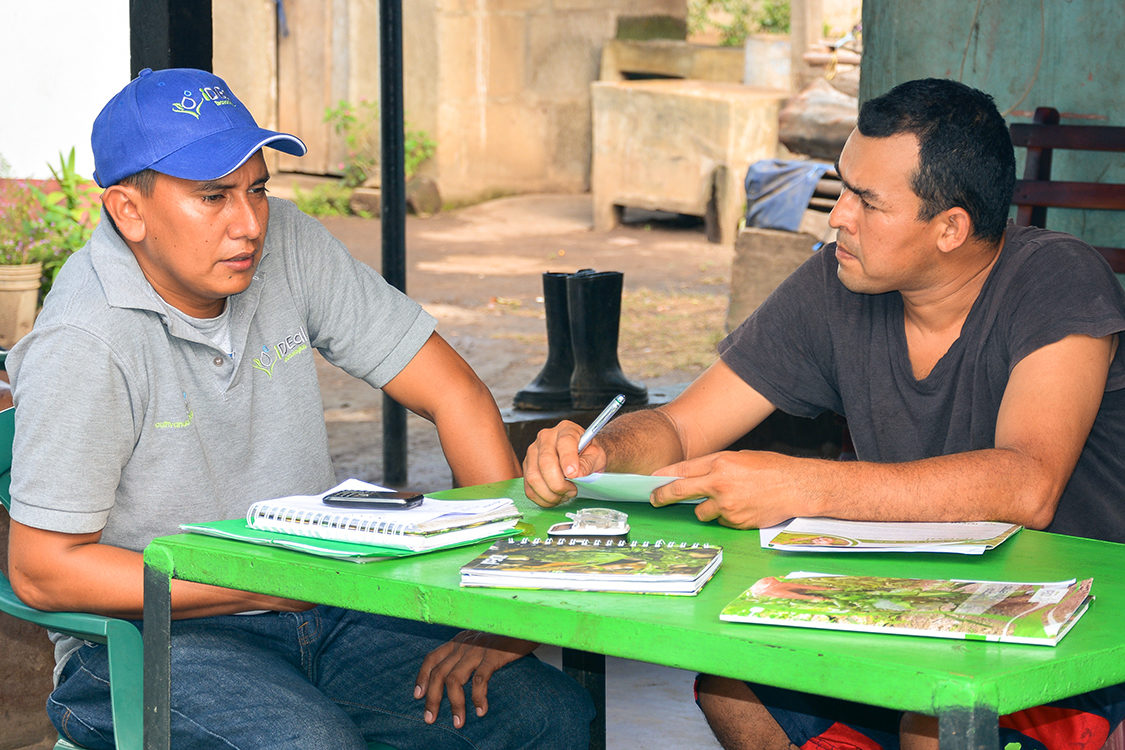The role of social enterprise in the supply chain

Market Building
Building manufacturing capacity, controlling quality, combining components—the social enterprise can help establish and maintain a well-functioning supply chain.
Social enterprises become necessary when private companies have difficulty serving a segment of the population, either because the supply chain is broken or insufficient, or because delivery is costly or problematic. Social enterprises can promote solutions that either influence the marketplace or fill the gap. Since the social enterprise measures its success on impact first and profit second, it can fulfill these needs as long as it is able to cover its expenses and clear modest profits.

Case Study: iDEal Tecnologías
iDEal Tecnologías was established in 2010 to help small- and medium-sized farms increase their profitability by providing access to low-pressure irrigation systems, knowledge on how to increase production, and facilitate access to markets. No local manufacturer produced irrigation equipment. iDEal initially imported all MIT components from India, but was frustrated with the time it took to ship and receive the equipment through Nicaraguan customs. Quality issues were also of concern.
The enterprise sent a local Nicaraguan manufacturer, R.C. Industrias, for training in India, in order to create conditions under which the largest part of the manufacturing process could take place locally. This enabled manufacturing of the PVC and the hoses locally, while parts like the microtubes still need to be imported. With local production, iDEal has better control over the quality of the equipment, and works in partnership with R.C. Industrias to maintain quality and supply, sometimes advancing cash for the manufacturer to invest in raw materials, which is repaid with finished product.
R.C. Industrias has become a trusted partner who is very engaged in the success of iDEal, including writing and recording a marketing jingle that was broadcast daily on national radio. Given the slower-than-expected ramp up of drip irrigation sales and a large current inventory, the challenge for iDEal has been to maintain sufficient orders for the manufacturer to remain engaged.
Irrigation equipment is too complicated for existing local companies to provide on their own.
Some farmers will buy/source mainlines from elsewhere for cheaper and then try to get microtubes from iDEal. Unfortunately, these cheaper mainlines are not the same quality as those produced by R.C. Industrias (i.e., the lines clog more easily, farmers have to irrigate for longer periods using them, the lines become brittle more quickly). In contrast, iDEal kits are durable, with lifespans longer than three years, compared to the competition that typically last for one or two years at the most.
Focusing on local manufacturing helps iDEal avoid the costly and time-consuming process of out-of-country shipments that often get delayed in customs for months. By having an inventory of components available, iDEal is able to deliver a system more quickly, while other suppliers can take up to four months to fulfill an order. iDEal’s focus on complete, custom systems shows their responsiveness to the local needs—relieving the buyer from having to purchase from multiple sources, mixing and matching components that may not have been designed to work together.

